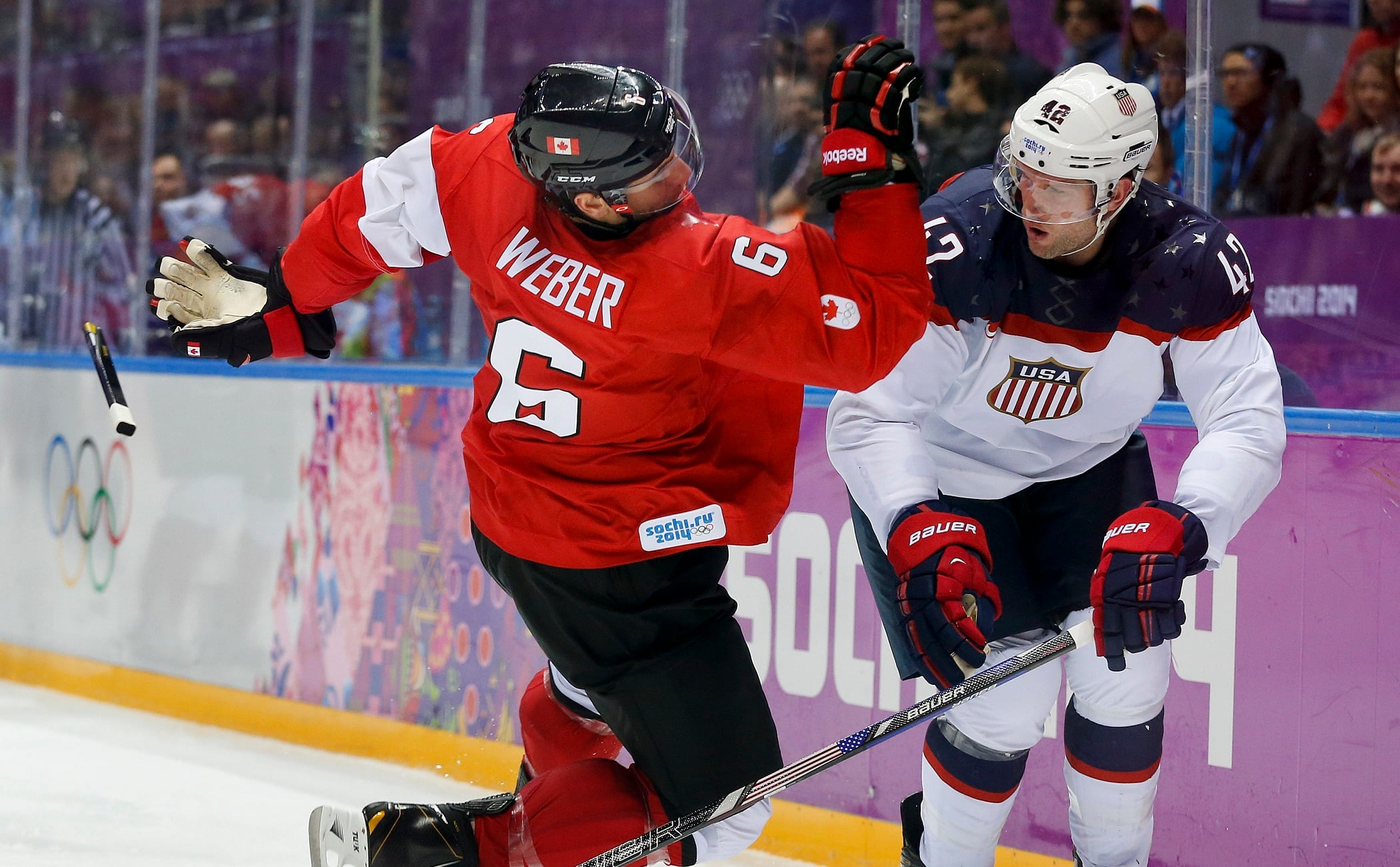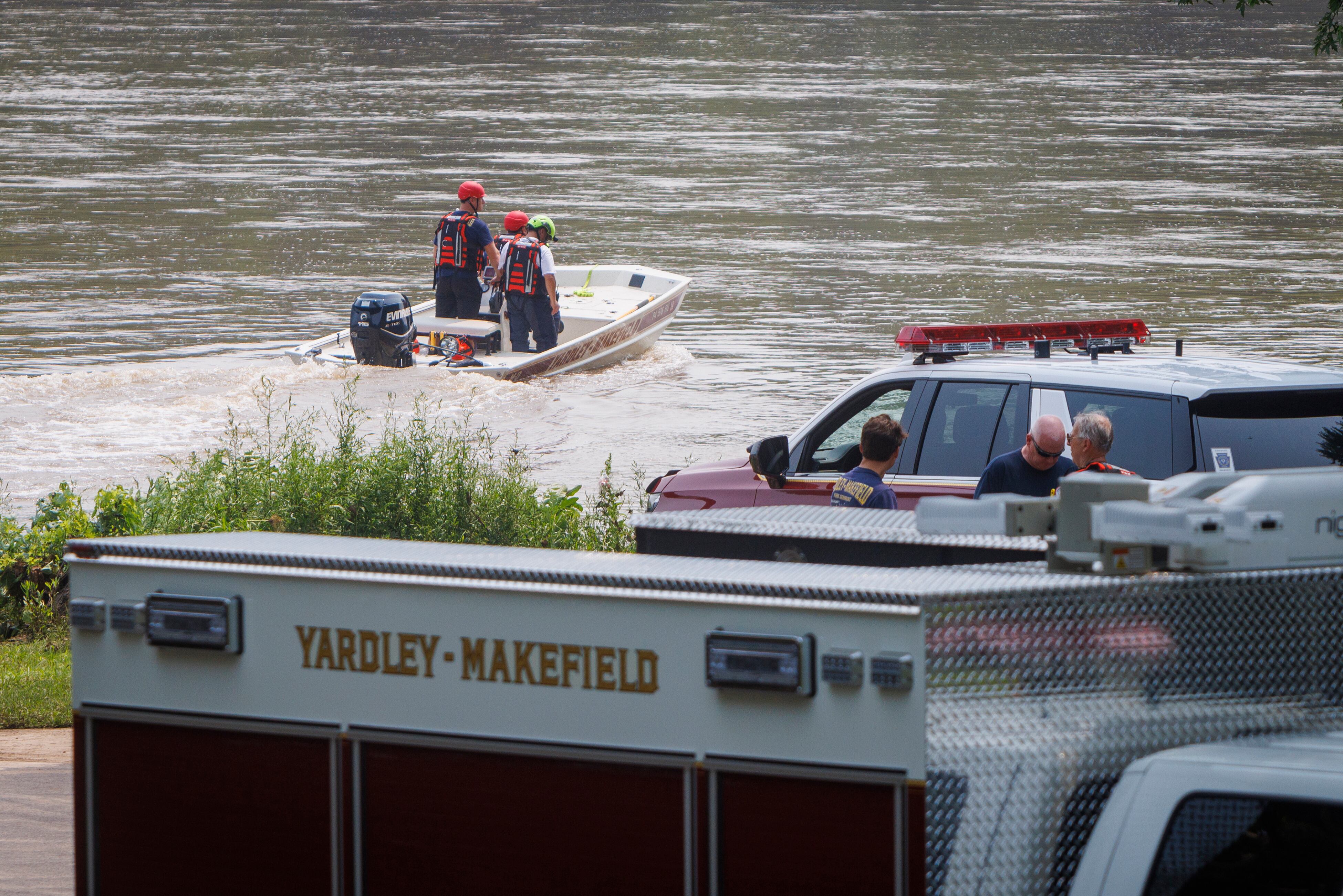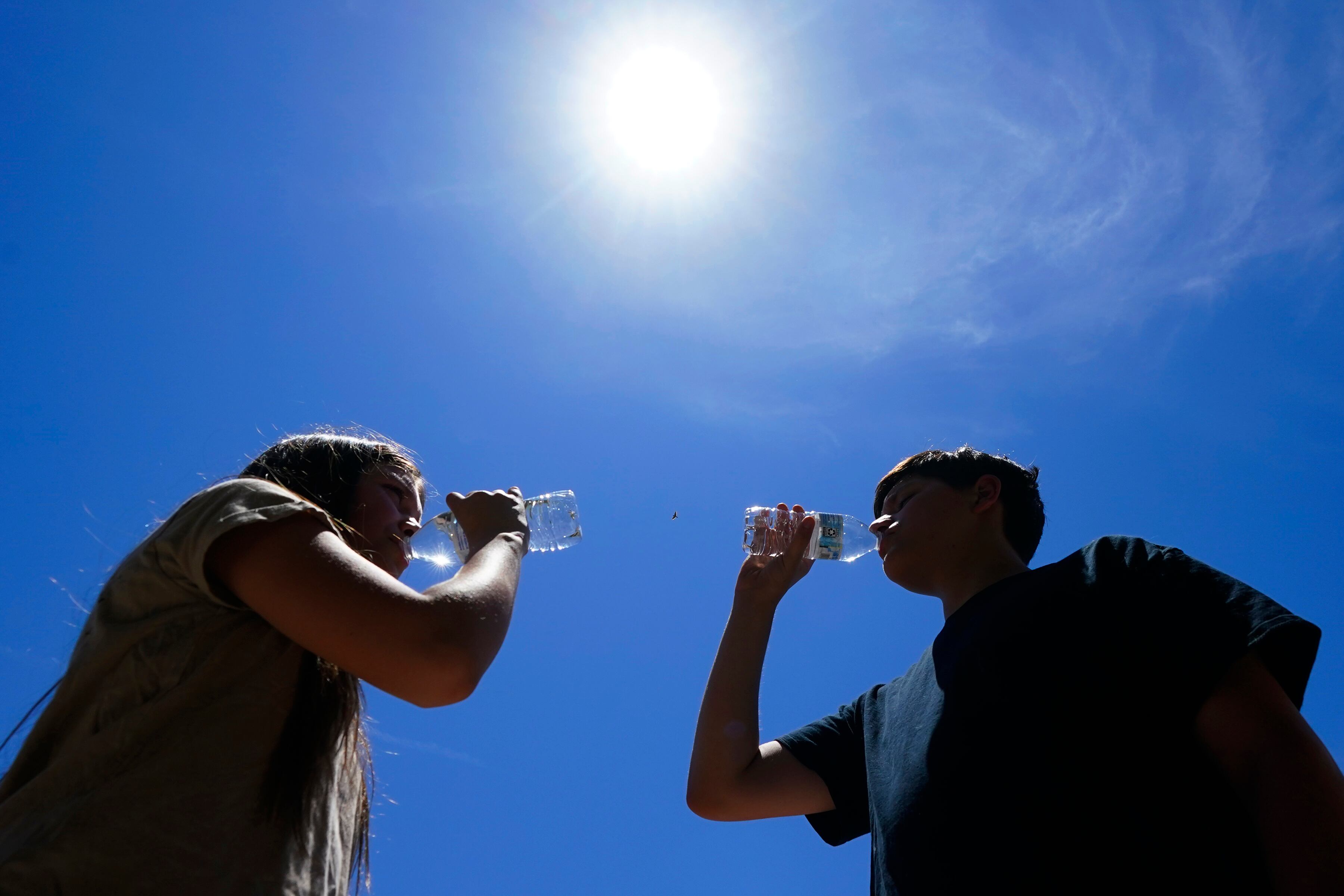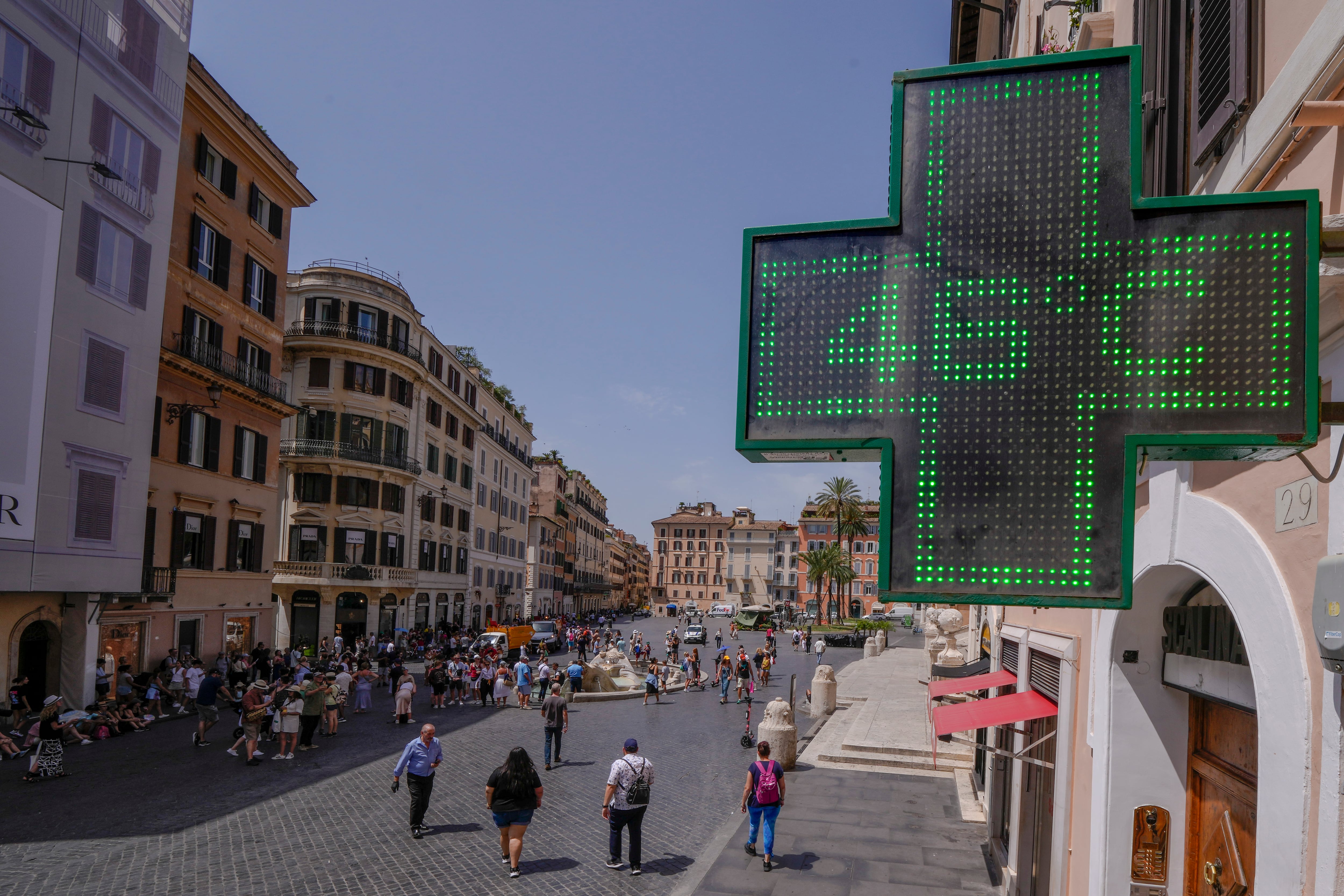By Stephen Whyno
NHL players will not be allowed to participate in the Beijing Olympics after the league pulled the plug amid a rash of postponements caused by positive COVID-19 test results.
Commissioner Gary Bettman made the announcement Wednesday, making official what seemed inevitable in recent days when the list of postponed games quickly grew to 50. The league will use the previously scheduled Feb. 6-22 Olympic break to make up those games and others that need to be rescheduled.
“Given the profound disruption to the NHL’s regular-season schedule caused by recent COVID-related events ... Olympic participation is no longer feasible,” Bettman said. “Our focus and goal have been and must remain to responsibly and safely complete the entirety of the NHL regular season and Stanley Cup playoffs in a timely manner."
In a separate statement, Players’ Association executive director Don Fehr said that while there was a clear path to Beijing before COVID-19 intervened, the Olympic break is now needed to make up games.
International officials and national federations must now pivot to Plan B for a second consecutive Olympic men’s hockey tournament without NHL players. USA Hockey said it will soon announce new management and coaching staffs, and Hockey Canada is expected to draw from the executives, coaches and players who took part in an international tournament in Moscow this month.
Former Montreal Canadiens coach Claude Julien is the leading candidate to be behind the bench for Canada, which left with the bronze medal in 2018 when NHL players did not go to Pyeongchang, after back-to-back gold in 2010 and 2014.
Russians won gold in South Korea playing under the name Olympic Athletes from Russia, part of the fallout from years of doping disputes. Expected to play in Beijing as the Russian Olympic Committee, the team is now the favorite given the talent available in the Kontinental Hockey League.
The U.S. and Canada could choose from a mix of professionals from European leagues and college players. The lack of NHL participation turns the tournament from a competition featuring the best players in the world back into what it looked like prior to 1998.
“Although we are disappointed to receive this decision by the NHL and NHLPA, we nevertheless fully understand the circumstances that forced this action to be taken,” International Ice Hockey Federation president Luc Tardif said in a statement. “It was a shock to see how COVID-19 affected the NHL schedule almost overnight, and we understand the NHL’s decision is in the best interest of the health and safety of its players.”
The NHL’s focus is on completing an 82-game regular season for the first time since 2018-19. The schedule already was extended through April, with the playoffs going to the end of June, with more than two weeks off in between for the Olympics.
When Olympic participation was confirmed in September, teams were sent two versions of the NHL schedule. The sheer volume of postponements forces the league to use that break for makeup dates, rather than folding later games into February and move up the start of the playoffs.
Despite the NHL not being part of the Olympics for just the second time since Nagano in 1998, Bettman, Fehr and Tardif expressed optimism about a return for 2026. The league and NHLPA have a deal for Olympic participation as part of their collective bargaining agreement extension through that year.













